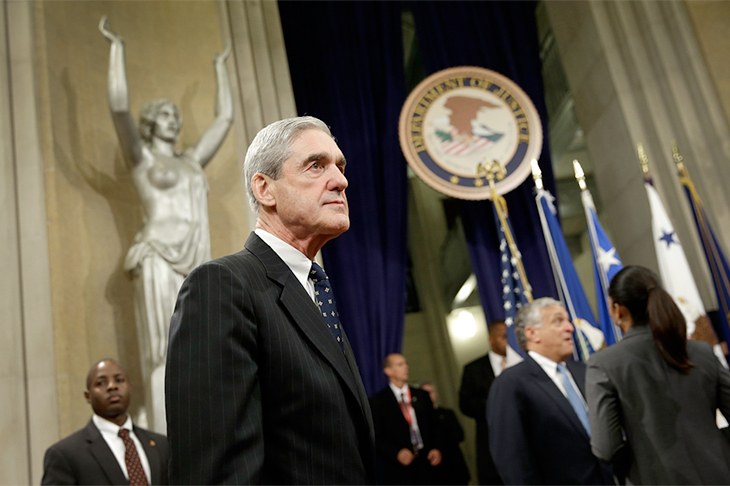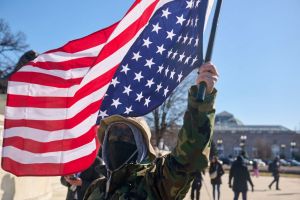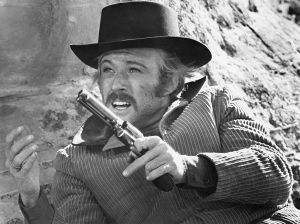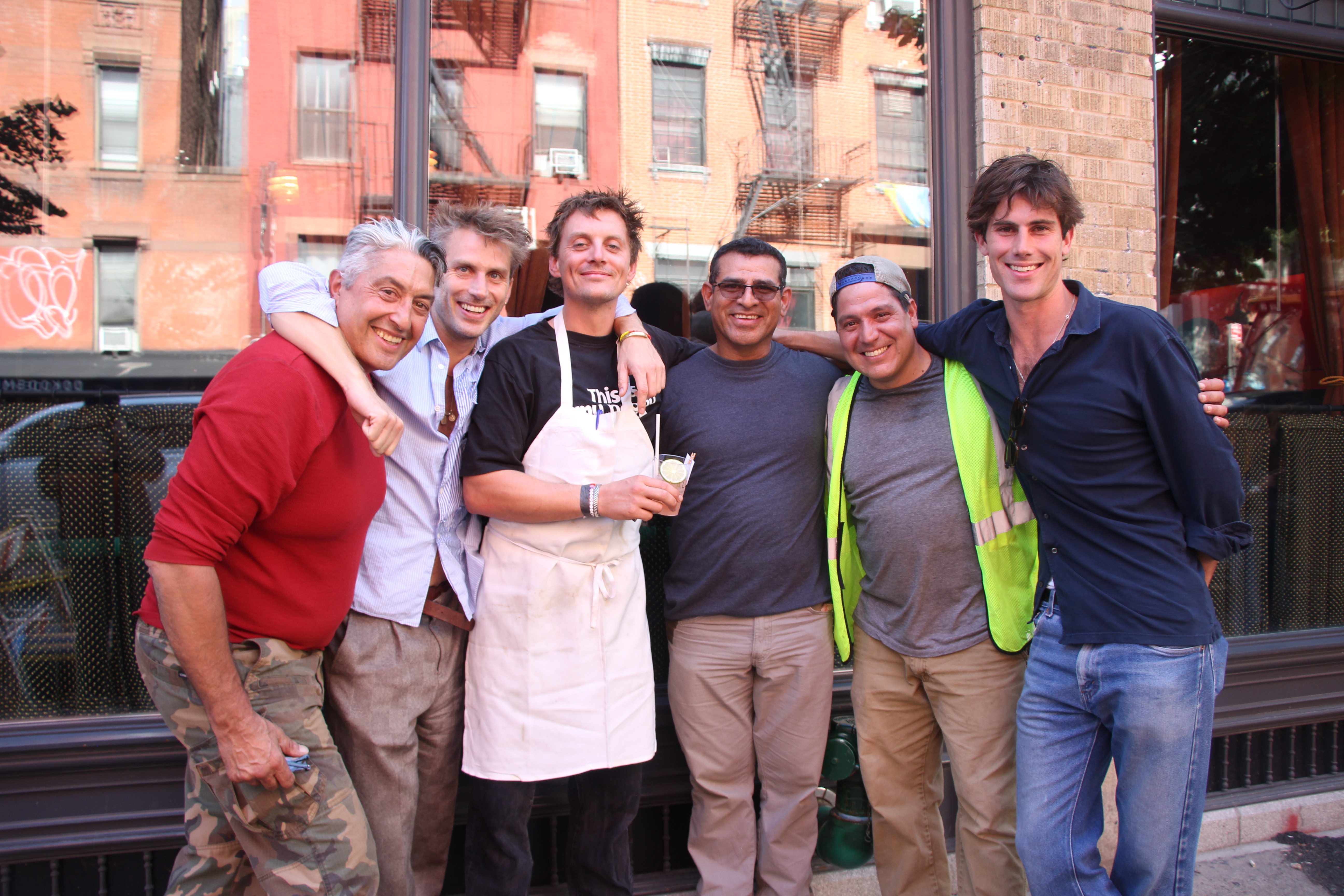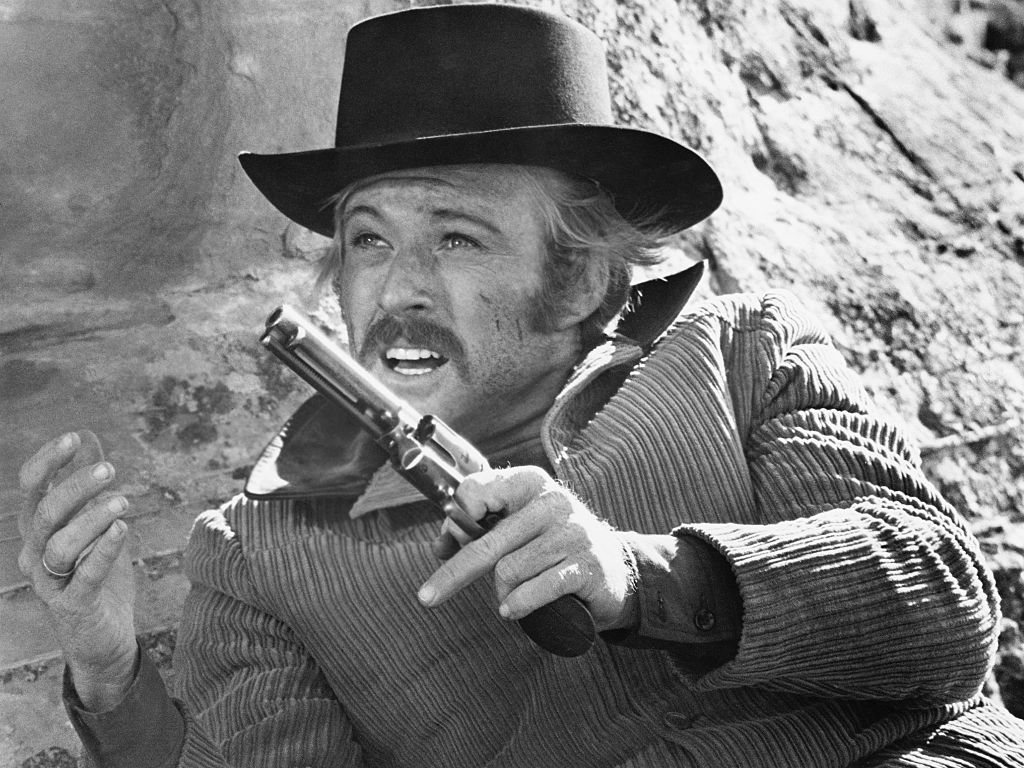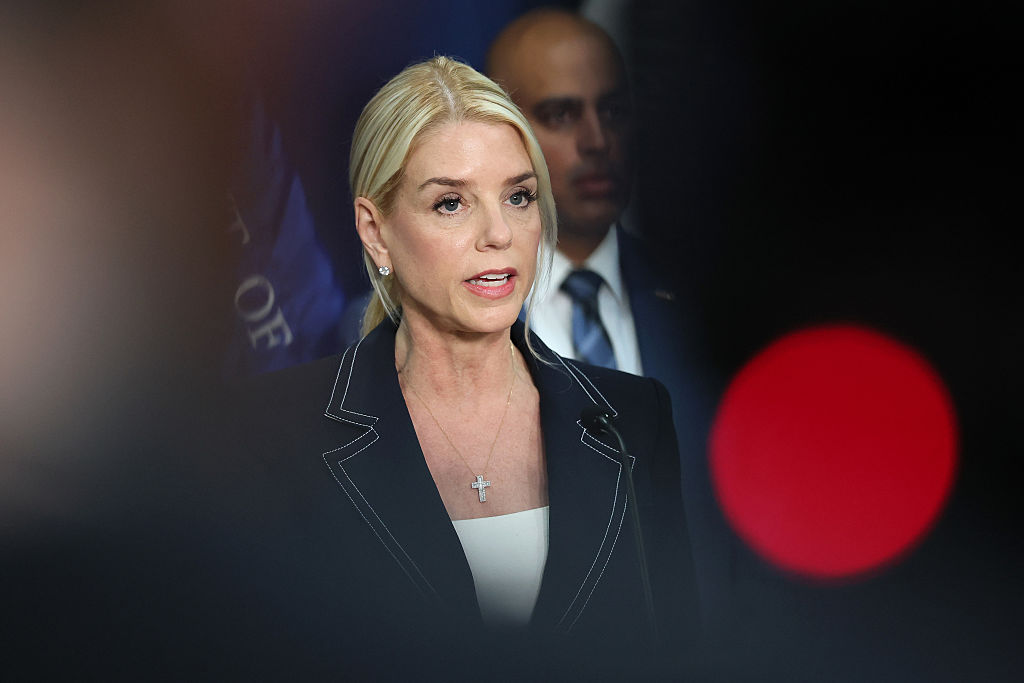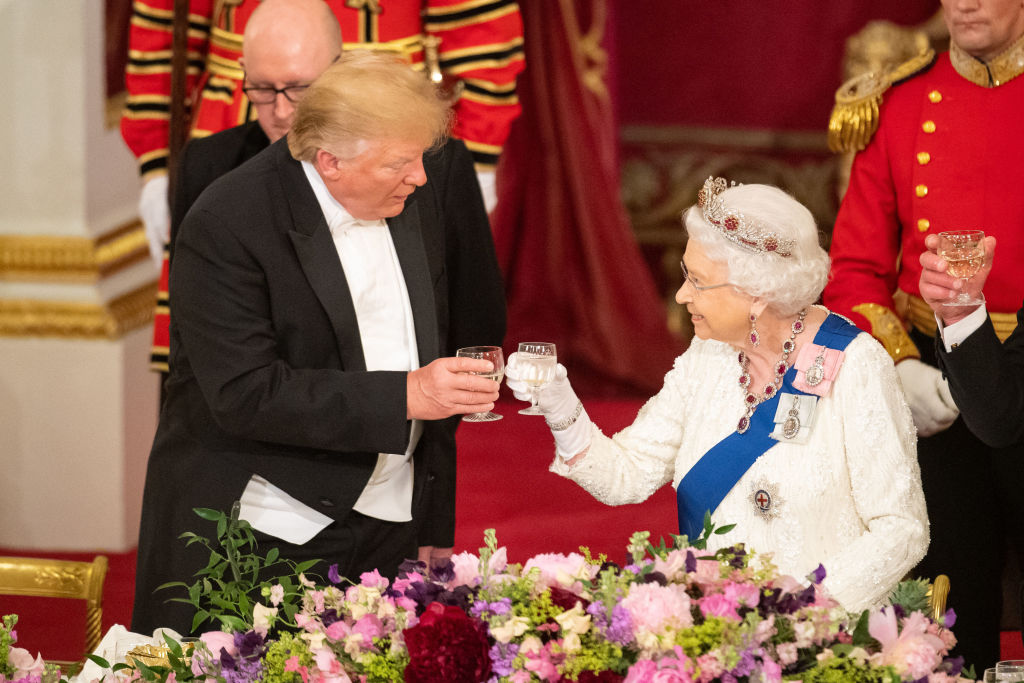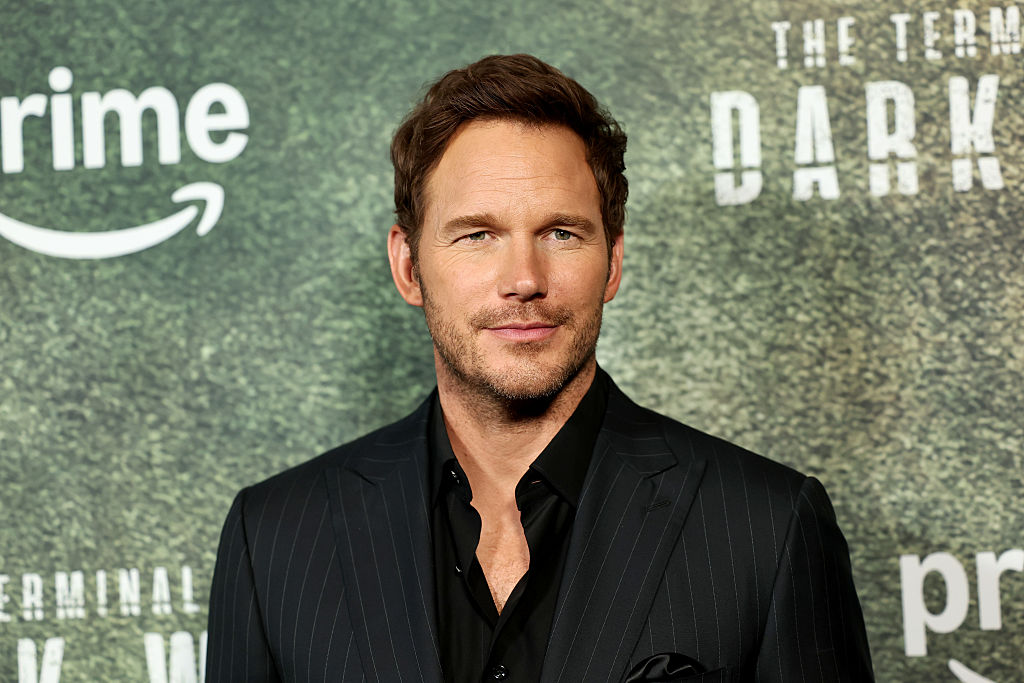When the Romanian dictator Nicolae Ceausescu visited London in 1978, the British government did some serious sucking up. Ceausescu was an egomaniac and possibly crazy. When he went hunting outside Bucharest, his body-guards shot game with machine guns so he could be photographed at the end of the day with a shoulder-high pile of dead animals. He was also said to be a germophobe, sterilising his hand with pure alcohol if it touched a door handle. The French president telephoned the Queen to warn her that when the Ceausescus came to the Élysée, lamps, vases, ashtrays and bathroom taps went missing from their rooms. But Ceausescu got a state visit to Britain, with a knighthood (later revoked) and a stay in Buckingham Palace.
Western governments are now trying to appease another germophobe with a reputation for narcissistic excess. The US is not Romania, the stories about Donald J. Trump focus on his cheating at golf, not hunting, and if the great developer removes any bathroom taps, it will be to replace them with something gold-plated. Even so, America’s allies worry that President Trump will get out of bed one morning and do something crazy: abolish Nato, declare war on Canada, give Alaska back to the Russians.
So how might Britain be sucking up to Trump? A Labour MP, Ben Bradshaw, thinks that the government has not always done all it can to assist the Mueller inquiry into whether Trump’s campaign colluded with Russia. Bradshaw was the minister in charge of the Secret Intelligence Service, known as MI6, and has doggedly pursued allegations about Russian meddling in other people’s elections. ‘I’m told that Mueller’s team were over here late last year and they weren’t happy with the level of cooperation they were getting,’ he said. Another source, with links to the ‘intelligence community’, said this was continuing, even after the Skripal poisoning.
These claims — of a decision to go slow with Mueller, driven by expediency — have not been confirmed, but if true, the government may have miscalculated. Britain is trying to get a free-trade deal with the US as we leave the EU. And Theresa May was the first world leader through the door of the Oval Office to see the new president. But whatever promises she wrung from Trump will depend on a follow–through and focus he has not shown. This is a president who could not get his own healthcare bill past a Republican Congress.
‘Seen from the inside, the chaos is a hundred times worse than you can imagine,’ said one former senior White House official. There seems even less chance of a special deal for Britain after this month’s disastrous G7 meeting. ‘We’re like the piggy bank that everybody’s robbing,’ the President said. Britain will have to pay a 25 per cent steel tariff just like the rest of the EU and Canada. There was a testy phone call about this with Justin Trudeau, the Canadian Prime Minister. ‘Didn’t you guys burn down the White House?’ Trump is supposed to have said. The President had better not learn this was the British Redcoats or he might begin to suspect a pattern. This is because of the extraordinary number of British connections to what Trump has described as a conspiracy to destroy his presidency: the Russia investigation.
The most important ‘British connection’ is, of course, Christopher Steele, the former MI6 officer whose ‘dossier’ is the road map for the US inquiry. After he wrote it, Steele asked the retired head of MI6 Sir Richard Dearlove what he should do and was advised that the US authorities had to be told. Dearlove’s partner in a forum for intelligence professionals at Cambridge University was Professor Stefan Halper, apparently a long-standing CIA ‘asset’. Halper was used by the FBI to get close to George Papadopoulos, an aide on the Trump campaign. Papadopoulos was drinking in a Kensington wine bar with the Australian High Commissioner and told him that Russia had supplied ‘dirt’ on Hillary Clinton. Hearing about the conversation, the then director of the FBI, James Comey, began a counter-intelligence investigation with the CIA.
That is the cover story, anyway: a US intelligence official told me there were ‘many gathering clouds’ in the summer of 2016. Among them might be GCHQ’s intercepts of Trump’s associates talking to Russians. Some — credible — reports say the head of GCHQ flew to the US to hand-deliver this incendiary material to the CIA director. Later, Steele’s dossier was passed, in its entirety, to Comey, thanks to a former British ambassador to Moscow, Sir Andrew Wood.
Then there’s Cambridge Analytica. The (now shuttered) British company did the Trump campaign’s data. Its speciality was ‘microtargeting’: individual messages tailored to individual voters, delivered by email, Facebook and Twitter. The US intelligence agencies believe that Russian internet ‘troll factories’ were also pushing out pro-Trump propaganda on social media: sometimes fake news, sometimes real news, such as the hacked contents of Clinton’s emails. The question is whether this was done in coordination with the Trump campaign. An American lawyer I know told me that he was approached by a Cambridge Analytica employee after the election. They had had the Clinton campaign emails more than a month before they were published by WikiLeaks: ‘What should I do?’ Take this to Mueller, the lawyer replied.
There is another (alleged) British connection: the US media reports that former UKIP leader Nigel Farage is a ‘person of interest’ to the Mueller team because he is both friendly with Trump and visited the WikiLeaks founder, Julian Assange. Farage has vehemently denied he was helping Assange communicate with Trump’s people and has insisted he has ‘no connections to Russia’.
After President Trump’s shock election victory, I’m told that Steele briefed his old colleagues in the British intelligence apparatus. His material was taken seriously and then handled at an ‘appropriately senior level’ within the government. But once the dossier was leaked and published in January 2017, he appeared to have been sidelined by the government, his friends say, ‘for political reasons’.
Those who know him say that he still appears bruised by his treatment. Nevertheless, when he subsequently spoke to Mueller’s team, the meeting — in the UK — was set up ‘through official channels.’ Mueller has so many British leads to follow, there must have been many requests to the authorities here. Ministers, including the Prime Minister, have been coy about how much help he is getting. Perhaps it is a case of appearing to go slow with Mueller, rather than actually failing to cooperate.
Ministers have also been careful to say that so far there is no evidence of Russian interference in British politics. Steele and others believe evidence of this will emerge. The self-styled ‘bad boy of Brexit’ Arron Banks is being investigated by the Electoral Commission, which wants to know the source of £2.3 million given to Leave.EU, along with at least £6 million in loans to the organisation on ‘non-commercial terms’. This was the biggest single political donation in British history. Banks has a successful insurance business but his opaque finances have led some to ask whether the ultimate source of the Leave.EU money could be Russia. The Sunday Times asked him why he’d met the Russian ambassador three times during the referendum campaign. His response was that they were looking for a conspiracy in ‘two boozy lunches and a cup of tea’: ‘Bite me.’ He was similarly dismissive of MPs last week, when they asked if he had ties to the Kremlin.
The ‘Western intelligence community’ — a nebulous group encompassing Steele, his associates, the US intelligence agencies and many experts in Britain — believe the Kremlin is directing operations to try to shake public faith in democracy across Europe and the US. They think Russia has the same aim as the Soviet Union once did: to break up Nato and the EU, and dominate a continent of weak nations. They view Russia as a criminal state, where the state and the mafia are two faces of the same predatory beast. If that is right, then for the government the choice over whether to back Mueller — and the rule of law — should be no choice at all.



